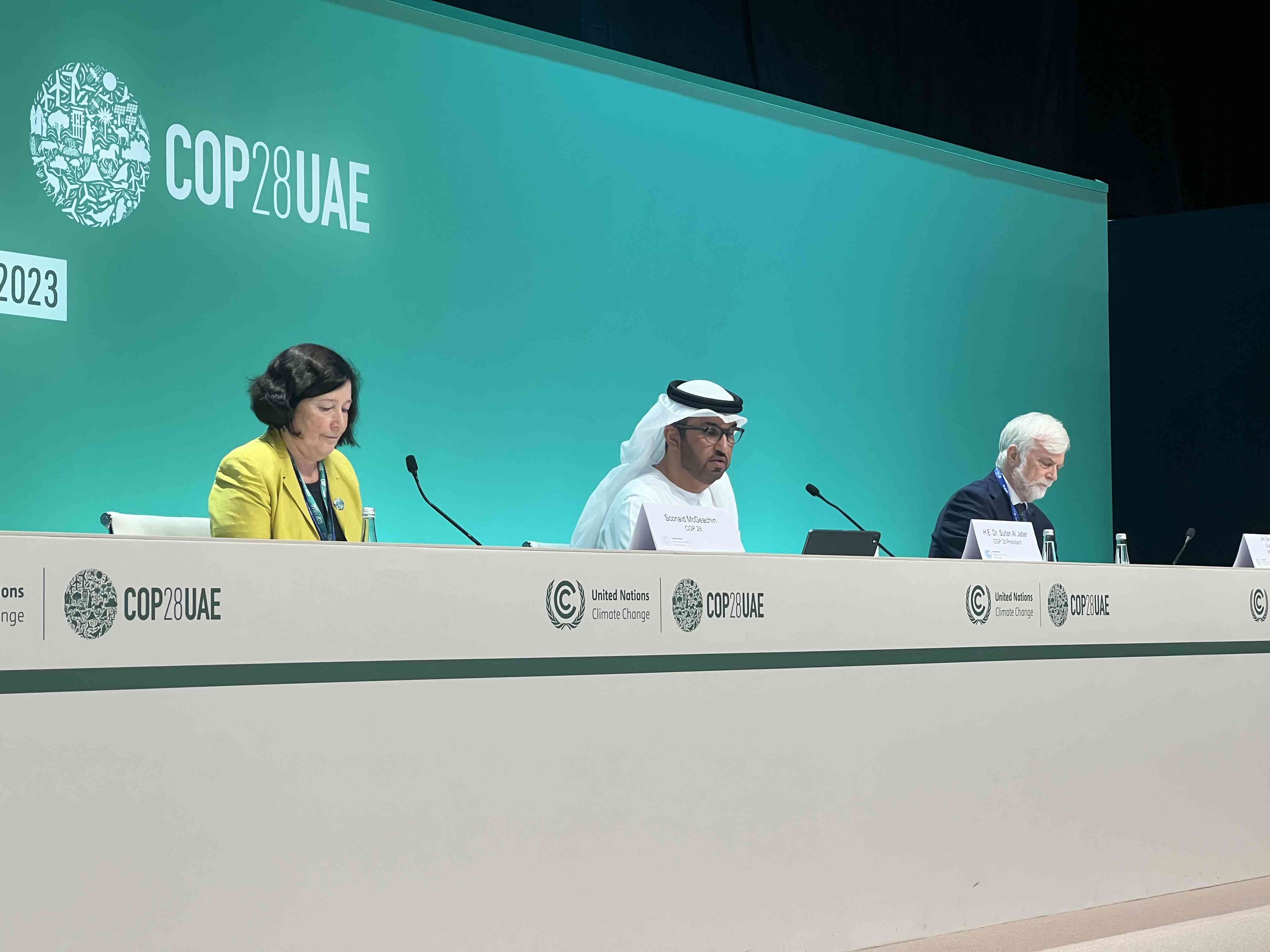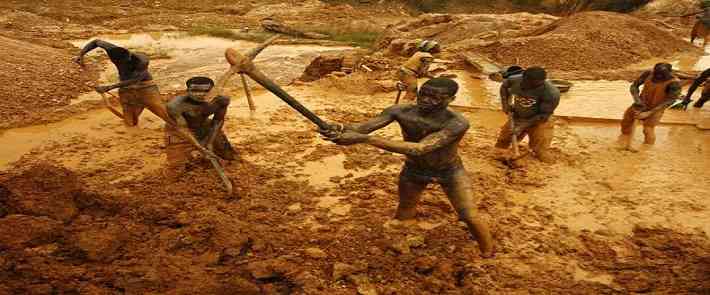
THE United Arab Emirates (UAE) is leading the pledges to finance the new loss and damage fund critical in helping climate change-prone countries like Zimbabwe, Malawi and Mozambique to recover from the destruction of tropical storms and droughts.
The new loss and damage fund, which was adopted by parties at the 28th Conference of the Parties known as COP28 to the United Nations Framework Convention on Climate Change in Dubai, is expected to be operationalised this week.
UAE has committed US$100 million to the fund, followed by Germany US$100 million, the United Kingdom (£40 million for the fund and £20 million for other arrangements), Japan (US$10 million) with the United States pledging US$17,5 million.
The new loss and damage fund, meant to assist communities on the frontlines of the climate crisis to rebuild and recover in the aftermath of climate disasters, was first agreed upon at COP27 Sharm El Sheikh, Egypt in November last year where a transitional committee was established to put in place issues such as the host of the funds and how vulnerable communities will access the funds.
“It is sad that women, girls, marginalised communities and people living in poverty are particularly and disproportionately affected by climate-induced loss and damage,” says Susan Otieno, ActionAid Kenya’s country director.
“Without appropriate international financial support, countries devastated by climate change impacts run the risk of falling deeper into debt from economic losses and massive recovery costs. That is why the loss and damage fund must deliver support to such countries.”
Communities in Zimbabwe, Malawi and Mozambique are yet to recover from the deadly Cyclone Idai which made landfall in March 2019 and Cyclone Freddy in March this year.
Cyclone Idai through its landslides, strong winds and floods affected more than three million people across the countries and destroyed infrastructure worth millions of dollars including houses, schools and clinics, displacing families.
- Govts urged to nip climate injustice in the bud
- Zim closely monitoring Cyclone Freddy
- Schools shut as cyclone closes in on Madagascar
- Winds lash Madagascar's coast as Cyclone Freddy makes landfall
Keep Reading
The vulnerable southern African nations are facing a myriad of economic problems and it is difficult to mobilise resources to repair the damage caused by these climate change-induced weather hazards.
Experts have put hope in this loss and damage fund to address this funding gap.
The argument is that developed nations that pollute the most should be responsible for the effects of climate change in vulnerable communities.
Africa contributes less than 4% of global emissions which leads to global warming and climate change.
“Developed countries need to step forward and take responsibility for their role in causing climate change and provide the hundreds of billions of dollars needed to help communities on the frontlines to recover and rebuild in the aftermath of climate disasters,” Otieno said.
The transitional committee at a tense meeting held in November, in Abu Dhabi, agreed that the World Bank would host the funds on an interim basis among other contentious issues like the language developed nations are “urged” to contribute to the fund.
“The establishment of the loss and damage fund is a big win for vulnerable countries, especially those in Africa that contributed little to the climate crisis,” says Joyce Banda, former President of Malawi.
COP28 President Sultan Al Jaber, said his presidency intervened to fast track the implementation of the loss and damage fund.
“The loss and damage fund was in danger of not happening at all until we convened a special session in Abu Dhabi. We took the bold decision to ensure its success,” he said while addressing journalists at a Press conference on the sidelines of COP28 in Dubai on Monday.
Julius Ng’oma, national coordinator of a Malawian Civil Society Network on Climate Change, said it was a big win for southern African nations which saw the worst climate change impacts in the past few years from new climate hazards.
“We hope the financial pledges will quickly be turned into commitments and that money will quickly flow to address loss and damage associated with impacts of climate change as these impacts cannot wait,” Ng’oma said.
- This story was produced with support from MESHA and IDRC Eastern and Southern Africa office










